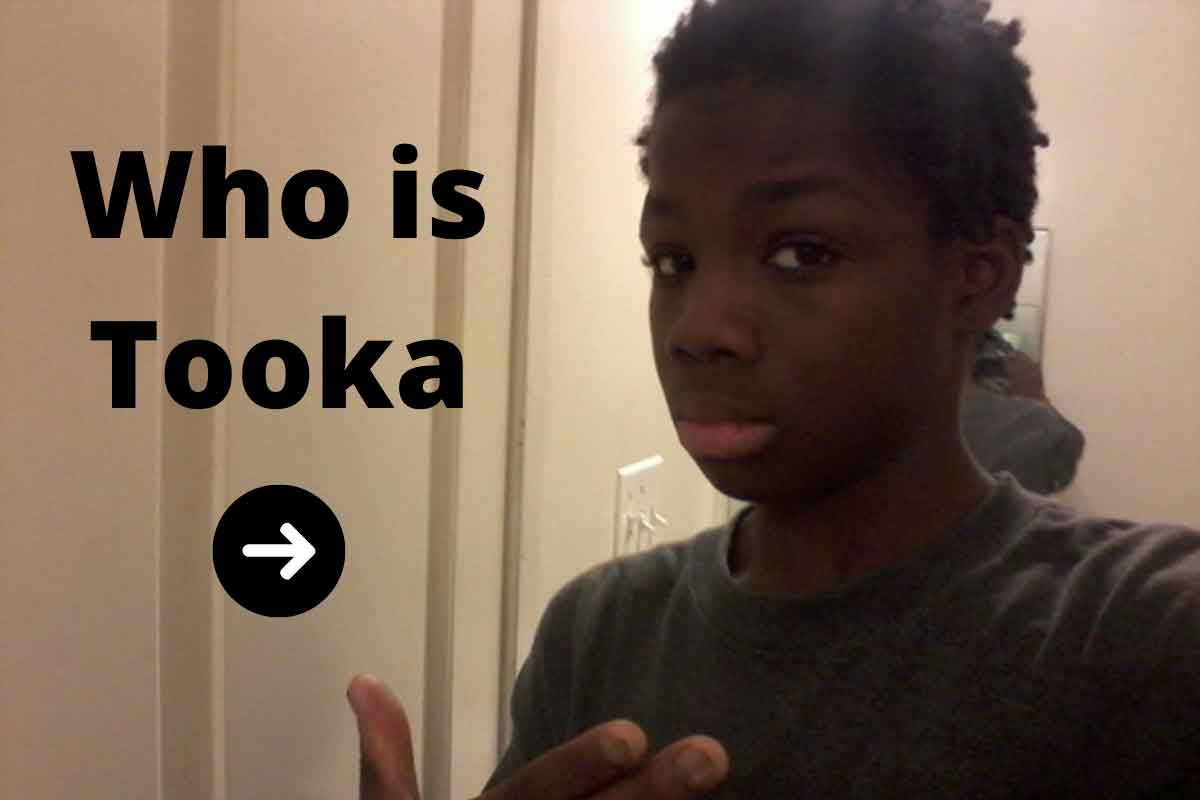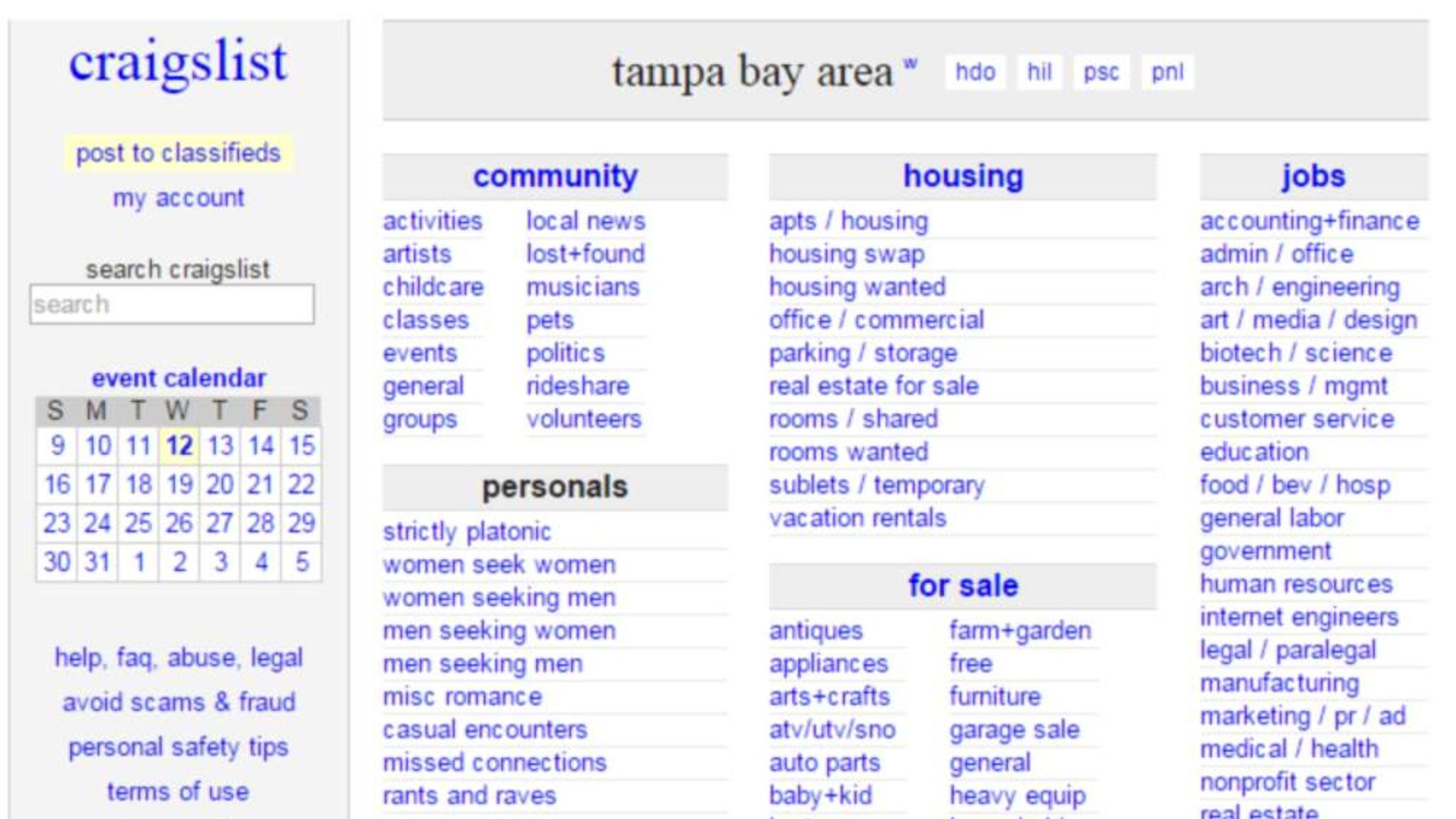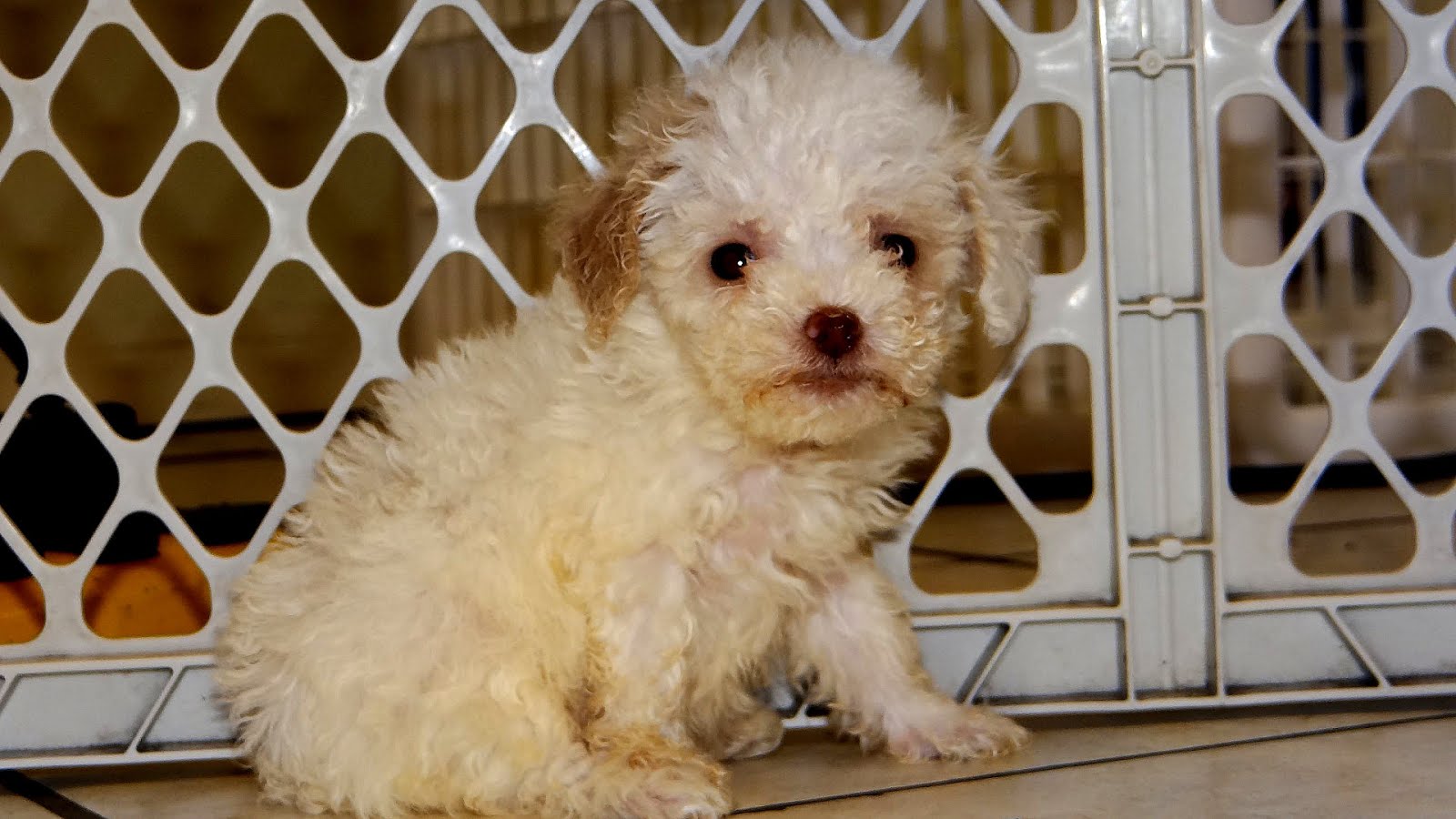Tooka autopsy: the phrase itself sparks curiosity. What does it mean? Where did it originate? This investigation delves into the linguistic origins, symbolic interpretations, and ethical considerations surrounding this enigmatic term, exploring its potential uses in various contexts from slang to fictional narratives. We’ll unpack the layers of meaning, examining its potential implications and cultural significance.
The analysis will trace the possible etymology of “tooka,” exploring its slang usage and comparing it to similar phrases. We will then analyze the phrase’s symbolic representation, creating a framework for interpretation and visualizing its potential meanings. Finally, the ethical implications of using “tooka autopsy” will be discussed, considering potential misinterpretations and responsible usage.
Deconstructing “Tooka Autopsy”: A Linguistic and Symbolic Analysis
The phrase “Tooka Autopsy” presents a complex linguistic and symbolic landscape, demanding a multifaceted investigation. Its ambiguous nature invites multiple interpretations, depending on context and individual perspectives. This analysis will explore the potential meanings, origins, symbolic weight, and ethical implications associated with this term.
Potential Meanings and Contexts of “Tooka Autopsy”
The meaning of “Tooka Autopsy” is highly dependent on context. “Tooka,” itself, is slang, often associated with street culture and potentially referencing a specific person, place, or event. Therefore, “Tooka Autopsy” could be interpreted in several ways. It might refer to a detailed examination of a specific event or situation connected to “Tooka,” similar to a post-mortem examination but applied to a non-physical entity.
It could also be used metaphorically, implying a deep analysis of a significant occurrence or a thorough investigation into the consequences of an action. The term might be employed in a humorous or ironic context, or conversely, to convey a sense of seriousness and gravitas.
For example, “a Tooka autopsy” could refer to a detailed analysis of a failed business venture (where “Tooka” represents the venture itself), a thorough examination of a social media controversy, or a critical review of a rap album (where “Tooka” might represent the artist or album name). The use of the term will heavily influence its interpretation.
Investigating the Linguistic Origins of “Tooka”

Pinpointing the precise etymological roots of “Tooka” is challenging due to its slang nature. It likely originated within specific communities and spread through informal communication channels. Further research into relevant online forums and cultural archives is needed to fully understand its origins. However, it is likely a shortened or altered form of another word or phrase. It’s crucial to note that without further research, definitive conclusions on the etymology of “Tooka” cannot be drawn.
The slang associated with “Tooka” likely varies depending on the specific community or geographic location. Therefore, a comprehensive understanding requires a detailed ethnographic study of different communities where the term is used. Without this contextual information, generalizations about its slang associations would be inaccurate and misleading.
Comparing “Tooka Autopsy” to similar phrases, such as “post-mortem analysis” or “deep dive,” highlights its unique informal and potentially provocative tone. While these phrases imply thorough investigation, “Tooka Autopsy” carries a distinct cultural connotation and informal register.
Discover more by delving into craigslist merced personals further.
Symbolic Representations within “Tooka Autopsy”
The phrase “Tooka Autopsy” evokes a range of symbolic interpretations. The word “autopsy” immediately suggests death, examination, and investigation. Combined with “Tooka,” this creates a potent image of scrutinizing a fallen entity or failed endeavor. The symbolism could be related to themes of mortality, justice, and the search for truth.
A conceptual framework for interpreting the symbolic significance might involve analyzing the cultural context, the specific meaning of “Tooka,” and the overall tone of the phrase. This framework would consider the relationship between the subject of the “autopsy” (“Tooka”) and the act of examining it.
A visual representation might depict a stylized anatomical drawing of a heart, but instead of organs, the heart is filled with fragmented images representing the elements associated with “Tooka” – perhaps images of a city street, a social media feed, or a business logo – all dissected and analyzed.
| Interpretation | Context | Supporting Evidence | Potential Implications |
|---|---|---|---|
| Examination of a failed project | Business context | Detailed analysis of project shortcomings | Improved future projects, lessons learned |
| Investigation of a social media scandal | Online community | Tracing the spread of misinformation | Increased media literacy, improved online safety |
| Critical analysis of a cultural event | Artistic context | Reviewing a film, music album, or book | Enhanced cultural understanding, critical thinking |
| Metaphorical exploration of a significant loss | Personal context | Reflecting on a relationship, career change, or death | Emotional processing, acceptance, personal growth |
Relationship to Mortality, Investigation, and Justice, Tooka autopsy
The connection between “Tooka Autopsy” and themes of mortality, investigation, and justice is primarily metaphorical. While it doesn’t directly involve a physical autopsy, the phrase uses the imagery of a post-mortem examination to suggest a thorough and potentially critical investigation into a particular subject. This investigation might aim to uncover the causes of failure, understand the consequences of actions, or achieve a form of justice or closure.
Comparing “Tooka Autopsy” to a traditional autopsy highlights the crucial difference in subject matter. A traditional autopsy involves a physical body; “Tooka Autopsy” examines an abstract entity. The emotional responses evoked by the phrase will vary greatly depending on the context and the individual’s prior experiences. It could evoke curiosity, skepticism, anger, sadness, or even humor.
In fictional narratives, “Tooka Autopsy” could be used to create intrigue, suspense, or social commentary. It could serve as a metaphor for examining the consequences of societal issues, political events, or personal struggles.
Ethical Implications of Using “Tooka Autopsy”
The use of “Tooka Autopsy” carries potential ethical concerns. The informal and potentially provocative nature of the term could lead to misinterpretations and misuse. The lack of clarity surrounding the meaning of “Tooka” adds to the ambiguity, potentially causing offense or inadvertently promoting harmful stereotypes.
Different viewpoints exist regarding the ethical implications. Some might argue that the phrase is harmless slang, while others might find it insensitive or inappropriate depending on the context. Responsible use would involve careful consideration of the audience and the potential impact of the term. Irresponsible use might involve employing the phrase in a derogatory or insensitive manner.
For example, using “Tooka Autopsy” in a serious journalistic piece about a tragic event might be deemed inappropriate, while using it in a satirical context might be acceptable, depending on the overall tone and message.
Ultimately, the “tooka autopsy” serves as a fascinating case study in linguistic analysis and cultural interpretation. Its ambiguous nature invites diverse perspectives and highlights the complex relationship between language, symbolism, and ethical considerations. Further research into the term’s evolving usage and cultural context will be crucial in fully understanding its significance and impact.



